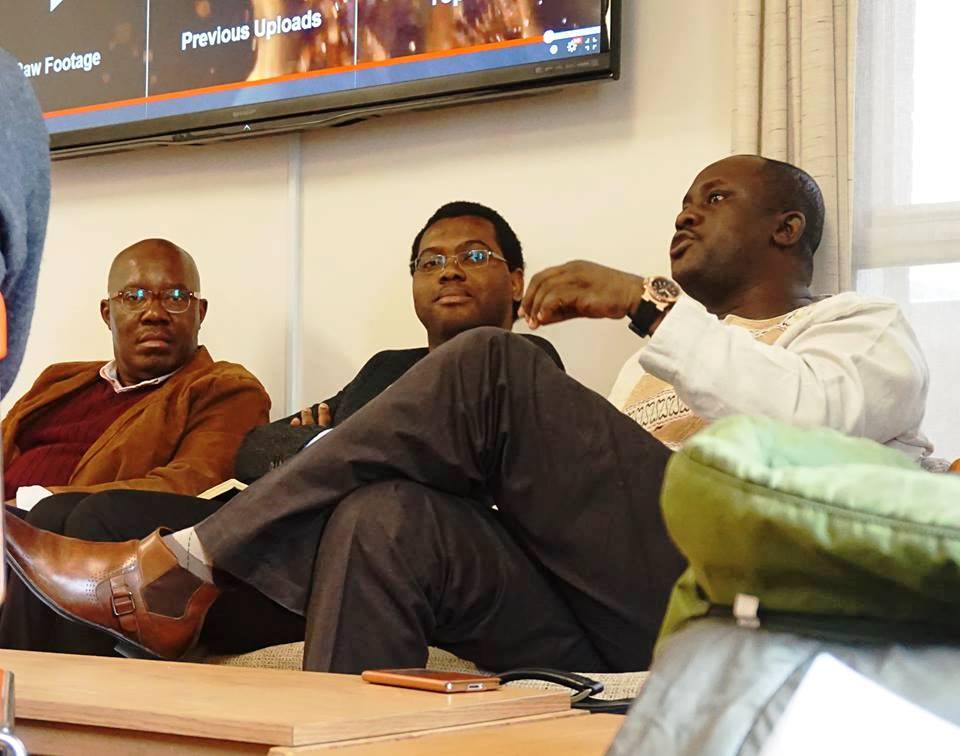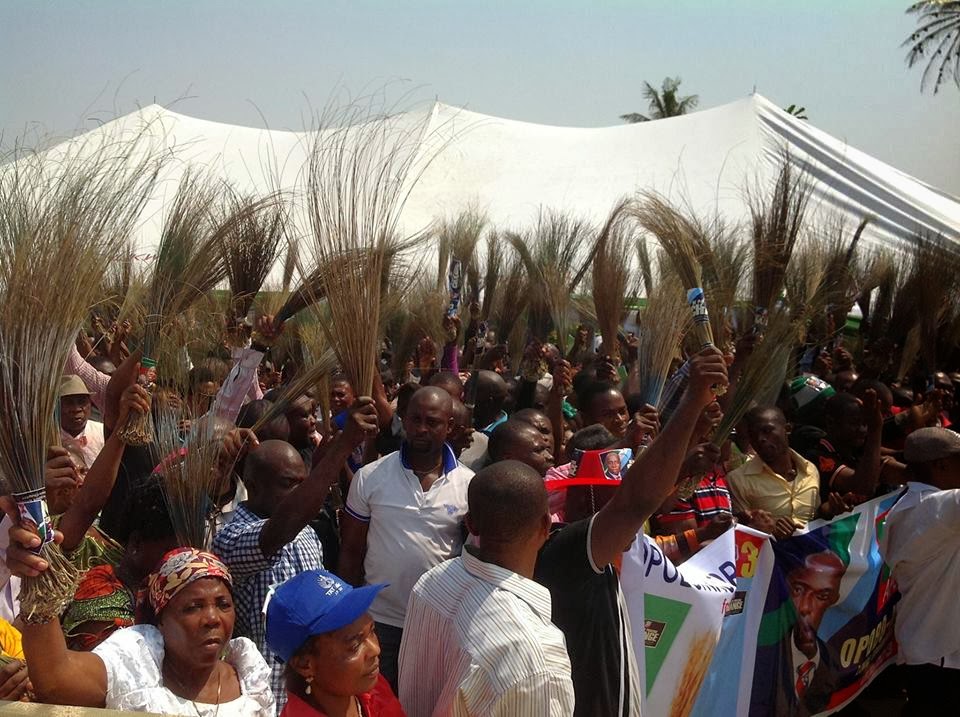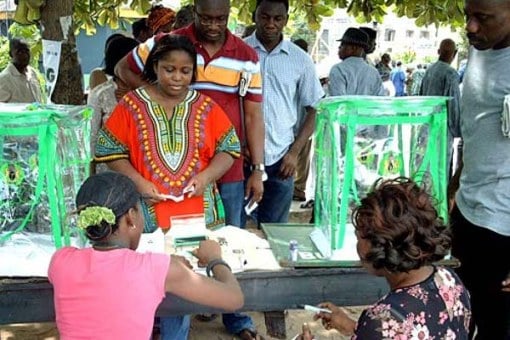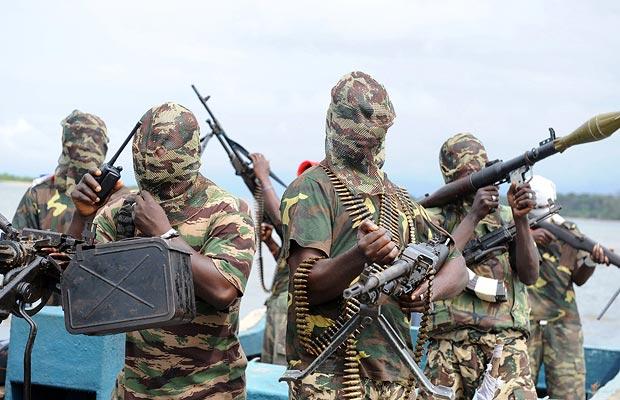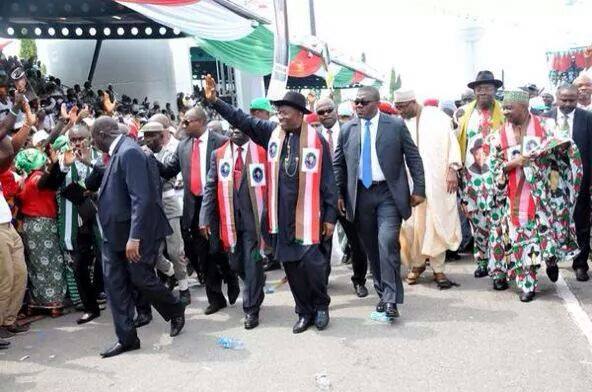Three panellists at a roundtable at the Institute of African Studies, Carleton University in Ottawa, Canada, have recommended community policing as one of the solutions to insurgency.
At a forum titled ‘Boko Haram in Nigeria – A Critical Roundtable’, the panellists blamed government’s failure to control the group to the lack of strong will.
Pius Adesanmi, a professor of English at Carleton; Nduka Otiono, an assistant professor also at Carleton and Temitope Oriola, a scholar at the University of Alberta, signed the communique.
Referring to statistical data from the Global Terrorism Database (GTD), the discussion revealed that three percent of terrorist attacks in the world in 2013 took place in Nigeria, adding that between 2004 and 2013, Nigeria ranked fifth globally in terms of casualties from terrorist attacks.
Advertisement
The roundtable pointed out that there was a need for a united front against Boko Haram.
“Boko Haram must be increasingly treated as a global challenge, with the three focal countries – Nigeria, Chad, and Cameroon – working harder to reinforce regional collaboration and efforts above and beyond the Anglophone/Francophone political divide,” read a communiqué issued at the end of the programme.
“Boko Haram fighters are Nigerians with families, and so community policing is vital to public safety by providing intelligence necessary for staying ahead of Boko Haram’s guerilla tactics and scorched earth strategy.
Advertisement
“The Boko Haram tragedy should not be politicised in light of the upcoming elections, as it is a threat both to collective local and international peace.”
Maintaining that corruption and youth unemployment were contributing to the insurgency, the roundtable called for intensification of efforts to combat Boko Haram in order to prevent the group from becoming more efficient and sophisticated.
“This is particularly the case in northern Nigeria where throngs of street urchins and talakawas constitute a fertile pool of disenfranchised youth that are soft, vulnerable targets of radicalization by Islamists,” the communiqué read.
“The urgency of the Boko Haram terror has further been defined by the attempt to take the largest city in northeastern Nigeria, Maiduguri, while launching simultaneous attacks on Monguno, Kodunga and Gubio, on Sunday, January 25.
Advertisement
“That the brazen attacks were launched two days after our roundtable, and as this communique was being finalised, underlines Boko Haram’s growing confidence and points to the sect’s advances, which require concerted global effort to combat. And now is the time to act before the situation degenerates further.
“The Nigerian leadership should demonstrate visible commitment to eradicating corruption, which has impeded the fight against Boko Haram.
“Media interviews with Nigerian troops fighting the insurgents point to wholesale corruption, which stymies the morale and logistical capabilities of an otherwise tested Nigerian army that had excelled in peacekeeping operations across Africa and other parts of the world.”
Advertisement
Add a comment

